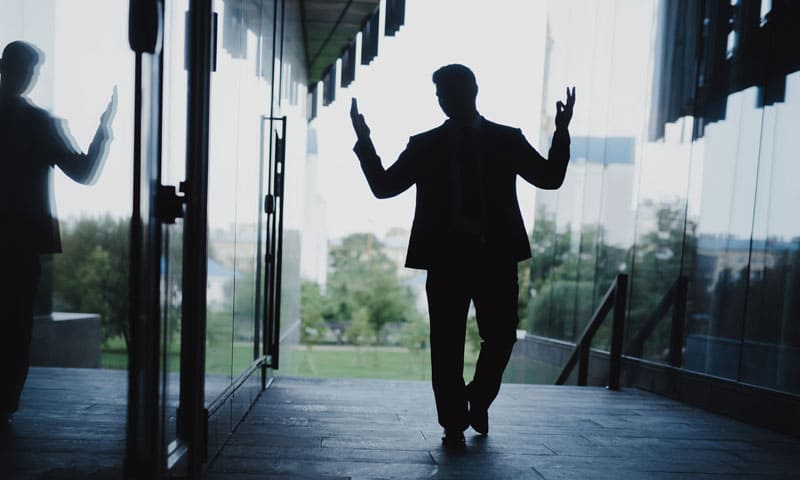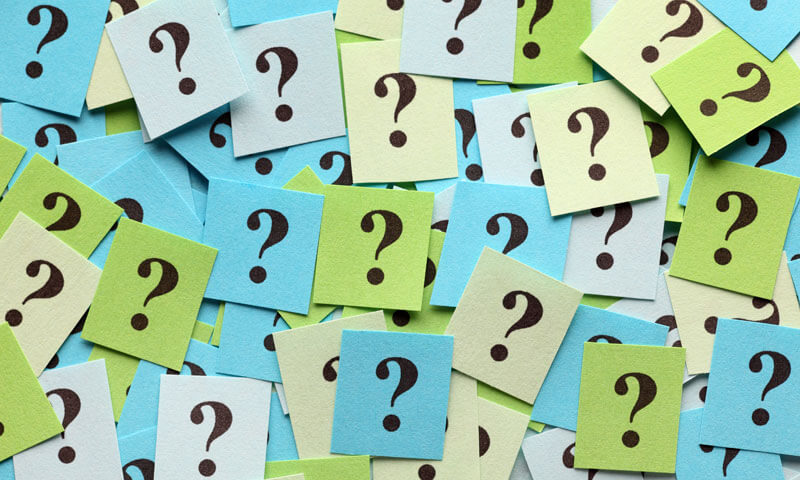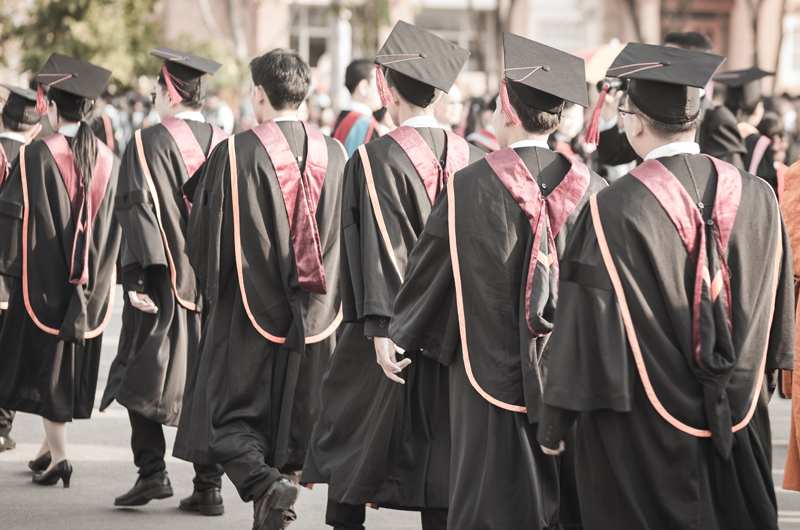The U.S. Supreme Court hears arguments in Wiley v. Kirtsaeng, a significant copyright case that pits John Wiley and Sons, a textbook publisher, against Supap Kirtsaeng, a Thai-born student entrepreneur who disrupted the textbook market with a business importing and selling textbooks for students who had difficulty affording high priced textbooks.
The case raises questions on whether Kirtsaeng will have to disgorge his profits as a copyright infringer, and the first sale doctrine on goods. The case outcome could affect property ownership in the United States since many consumer products, such as electronics are manufactured outside the United States and include copyrighted materials, such as software. If Kirtsaeng loses the court battle, copyright owners could tax, or not allow resales of everyday consumer products, from books to audios to videos.
Under the first sale doctrine, owners are able to resell, lend, or give away copyrighted products without interference from the copyright owner or goods manufacturer. Along with fair use, which allows incidental copying of materials for education and other purposes, the first sale doctrine is an important limit to copyright. Kirtsaeng has drawn the support of consumers, libraries, and marketplaces, online and offline. Marketplaces include eBay and Goodwill, where thrifty people currently have the right to freely sell used goods or loan books and DVDs.
On the other side of the spectrum, John Wiley and Sons has backers from the music and movie industries, software companies, and other book publishers who contend different pricing and distribution schemes should be up to those who own the copyrights. Manufacturers argue that how distribution and pricing is determined for goods is important to their success, and should be enforced by courts.
Foreign-born students like Kirtsaeng, who came to the United States to study at Cornell University, saw an opportunity to disrupt the textbook market when they became exposed to lower-priced textbooks on trips home. They saw the same textbooks they were using in the United States sold for a fraction of the cost in their home countries. For instance, the Thai, Indian, or Chinese edition of a textbook to study medicine, engineering, or mathematics may have a less costly bound cover or different lettering to make the edition less costly, but the same contents.
Students began to comparison shop on the websites of other countries, such as Amazon’s UK site, which sold a biochemistry book for $146.15 on the American Amazon site, but $63.48, plus $8.05 shipping on the UK site. College bookstores, such as Purdue University started purchasing overseas when students started textbook retailers.





































